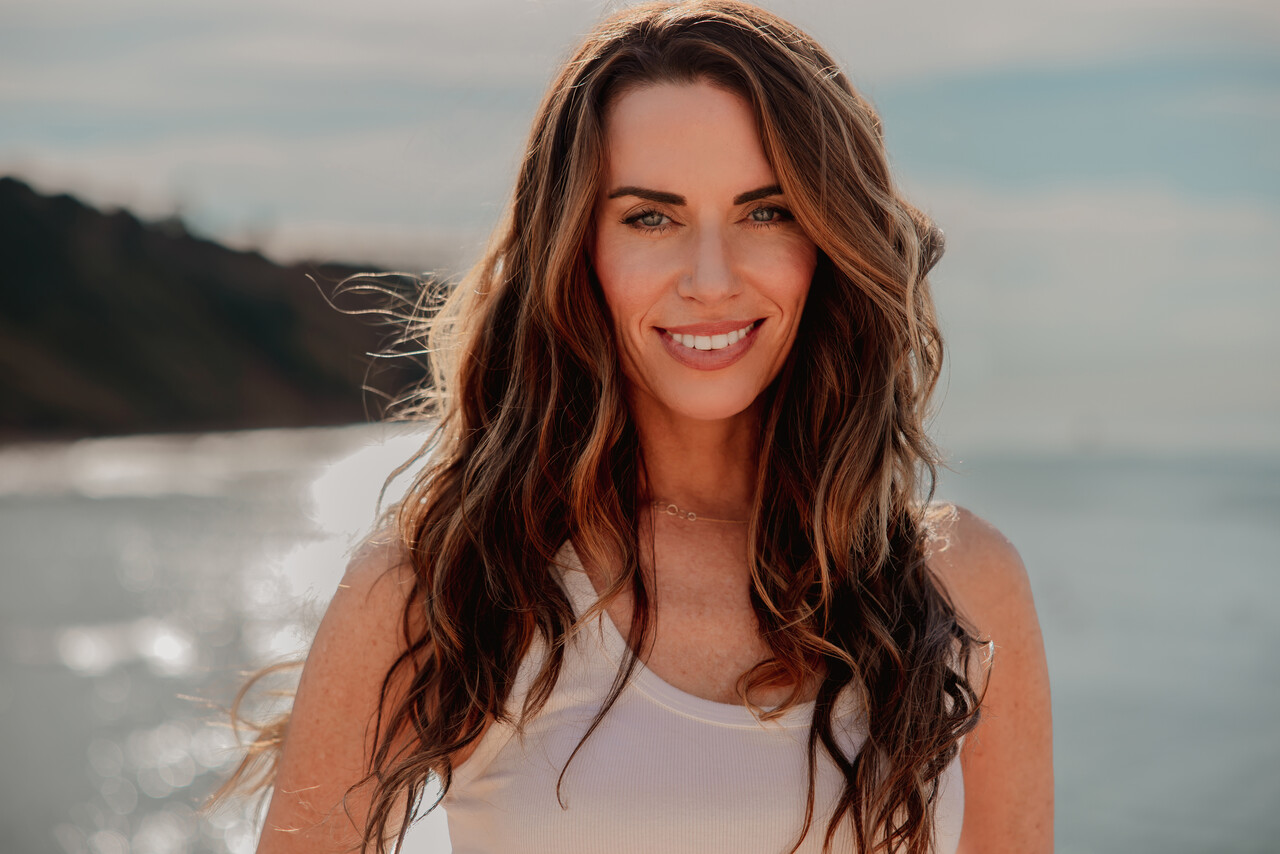Watching my son the first time he ate solid food was an exercise in conscious leadership.
The food in question was the magical product known as dry Cheerios. He tried to get his hand in the bowl and immediately all of the Cheerios spilled out all over his high chair tray.
I watched him trying to figure out how to use his hand to pick them up, each time he would pick up a Cheerio it would fall out of his hand.
If you’ve ever watched a young child eat you’ll remember that a lot of the time kids don’t realize when food falls out of their hands. So my son kept looking at his hands with this expression of “Where’s the food?” He’d try again and look. Rinse and repeat.
He had a vision for what he was trying to achieve, even while encountering obstacles to his success.
He never went into victimhood about it and he never freaked out. He was intently focused and being creative, trying to figure out different approaches until he finally got that first Cheerio into his mouth.
While he was going through this process I noticed I was feeling a knee-jerk reaction to help him. I had to remind myself this was his journey, not mine. He was learning through the struggle how to eat on his own.
This happens in life all of the time – in business, relationships, family dynamics, etc. You feel the pull to swoop in, rescue, and help, even when you aren’t asked. Welcome to hero mode on the Drama Triangle.
It was REALLY hard to watch my son struggle. Seeing someone have difficulty, experience tough emotions, or even fail and letting it happen without swooping in to “save the day” is HARD.
Think of the classic helicopter parent or boss. When they swoop in and solve all those problems for you, you don’t learn. What you learn is you need to rely on others.
And that creates an internal narrative that you must not be equipped because they’re swooping in here. There is a temporary lack of learning but also a long-term effect of developing a victim mindset that says you are not capable.
When people are given space to be empowered to solve problems on their own, they learn and grow. And that sticks with them for life.
Dare to Stop Rescuing – Start Coaching Yourself and Others.
The empowered opposite of hero mode is the coach role on the Empowerment Triangle.
The hero sees others as victims. The coach sees them as empowered and creative even if they don’t currently feel that they are.
A coach lets people own their own outcomes. Coaches encourage others to take responsibility. The one who has the control is the one who’s responsible and they’re responsible for 100% of what they can control.
What does it mean to let them own their own outcomes?
This one is hard to accept if you tend to go into hero mode.
You’re not going to accept the responsibility for the actions and choices of others, but you are going to accept your part of any situation. The parts you can control, you own and accept.
If you can just sit there believing this person is creative, resourceful, and whole, then you can allow them to go through their own process as they take responsibility.
And as a coach, you can appreciate the value of the person’s pain and suffering as they go through the discomfort of beginning to take action and change.
The reason it’s okay for you to do this and accept their discomfort because you know they will learn.
Discomfort leads to learning and lasting change. If you try to control or alleviate someone’s short-term discomfort, you enable long-term cycles.
A Coach Mindset Welcomes Challenges
The coach is all about empowerment and trust. The coach trusts life is providing learning opportunities.
Life actually creates just the challenge you need in order to do the growing that is most wanting to happen from you.
And sometimes it’s really hard.
It doesn’t mean there are no feelings there. In drama, you try to ignore or numb out feelings. This is why one of the master skills of the coach is to feel those feelings and allow others to feel the feelings.
It’s an essential part of learning.
Learning opportunities do not need to be controlled or resisted.
When they are, the challenges will grow until you have no choice but to address them. The learning will have to happen at some point. A coach understands this and that’s why they’re at ease.
Guiding, facilitating, and encouraging is what a coach does.
A coach doesn’t try to control, they leave the creative work to the person whose job it is to do the creating. Coaches allow the other person to do it on their own and work through it because in a coaching mindset you acknowledge challenges and discomfort are valuable lessons.
Coaches Believe in Capability
Don’t put yourself or others in a victim box
All three roles in the Empowerment Triangle (creator, coach, and challenger) are connected and work together to help you make the changes you want to make in your life by shifting your mindset.
The coach sees themself and others as creators and they draw their attention to their creative skills, abilities, resources. Operating as a coach you draw their attention to all of these aspects to help them remember they are a creator and to encourage more powerful creations from them.
In coach mode, you believe you are capable of solving problems on your own.
You reject the victim-mode mindset that tells you that you need to be rescued, that you’re incapable of change, or that things are simply “the way they are.”
As a coach, you are resourceful, talented, and capable. You are completely capable of change. You have the tools and potential needed to create the life you want.
When you lead and interact consciously, you recognize other people are too. You don’t need to go into hero mode and rescue others. You see others as the creators of their own lives.
Empower yourself and others to create change by having awareness of yourself.
Identify what you want. Identify what they want. Stoke passion and vision, and remind yourself and others that everyone is capable by identifying what they want, what the end result would look like.
Coaches are interested in creating satisfying and sustainable results.
Coaches focus on long-term fixes, not temporary ones. Heroing and fixing creates temporary relief.
True empowerment creates long-term growth.
This article is related to my podcast episode on Coach mindset – Listen here.

